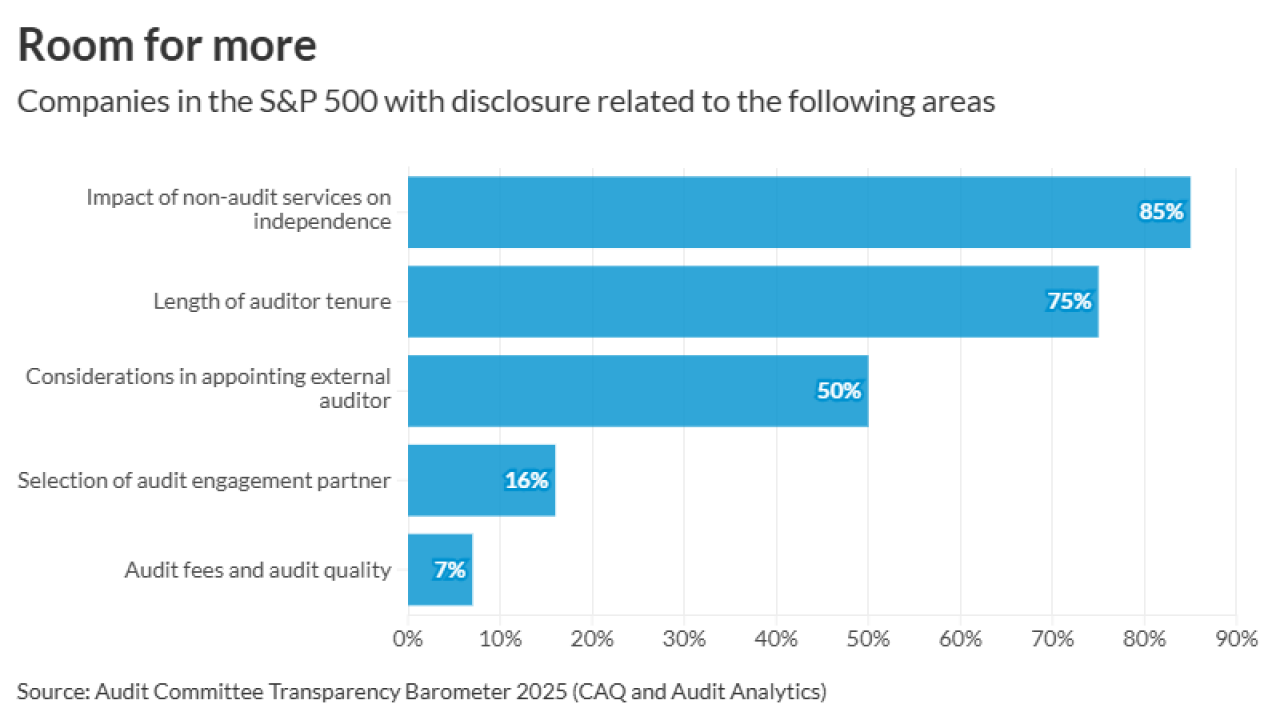(Bloomberg) Mike Lynch, the founder of U.K. software company Autonomy, accused Hewlett-Packard Co. of damaging his career with false statements in the fallout from the two companies’ $10-billion merger that has been marred by a massive writedown and allegations of accounting fraud.
Lynch filed a lawsuit in London Thursday seeking at least $160 million, saying that he had suffered “significant reputational damage and been unable to pursue business opportunities.”
“In particular, Dr. Lynch had advanced discussions with various financial backers, including private equity firms, for investments into Dr. Lynch’s new venture” which fell through, Lynch’s lawyers said in a court filing.
The lawsuit is the latest exchange in a dispute between Lynch and Palo Alto, California-based Hewlett-Packard that has been going on for nearly three years. Hewlett-Packard acquired Cambridge, England-based Autonomy in 2011 in a deal valued at more than $10 billion and wrote down $8.8 billion on its value the following year.
Hewlett-Packard in March sued Lynch and another executive in the same court for $5.1 billion, saying Autonomy officials gave an overly optimistic valuation of the software maker’s financial health before the merger. Hewlett-Packard wrote down the acquisition in 2012, blaming $5 billion on accounting improprieties.
Lynch, who said he’s filing the lawsuit in a London court Thursday, would have earned “considerable equity gains and fees” through his new company, a technology investment firm called Invoke Capital Partners, valued at at least $160 million. He’s being represented by Clifford Chance LLP. Lynch started Invoke Capital, which made its first investment in 2013, after getting access to $1 billion in capital.
Spokeswomen for HP didn’t immediately respond to calls and e-mails requesting comment.
In the course of the three-year-old battle, Lynch has said that Autonomy was mismanaged. The Hewlett-Packard executives who had masterminded the deal were pushed out shortly afterward and Autonomy employees were met with hostility and roadblocks that hurt the company’s performance.
In November 2012, Hewlett-Packard’s general counsel said that Autonomy misrepresented its gross profit margin and also falsely created or miscategorized more than $200 million in revenue over a two-year period starting in 2009. Autonomy was reselling Dell Inc. computers and counting those sales as software revenue, and some sales were fabricated through resellers, Hewlett-Packard said at the time.
The U.K.’s Serious Fraud Office in January dropped its probe into the takeover after finding “insufficient evidence for a realistic prospect of conviction.”





